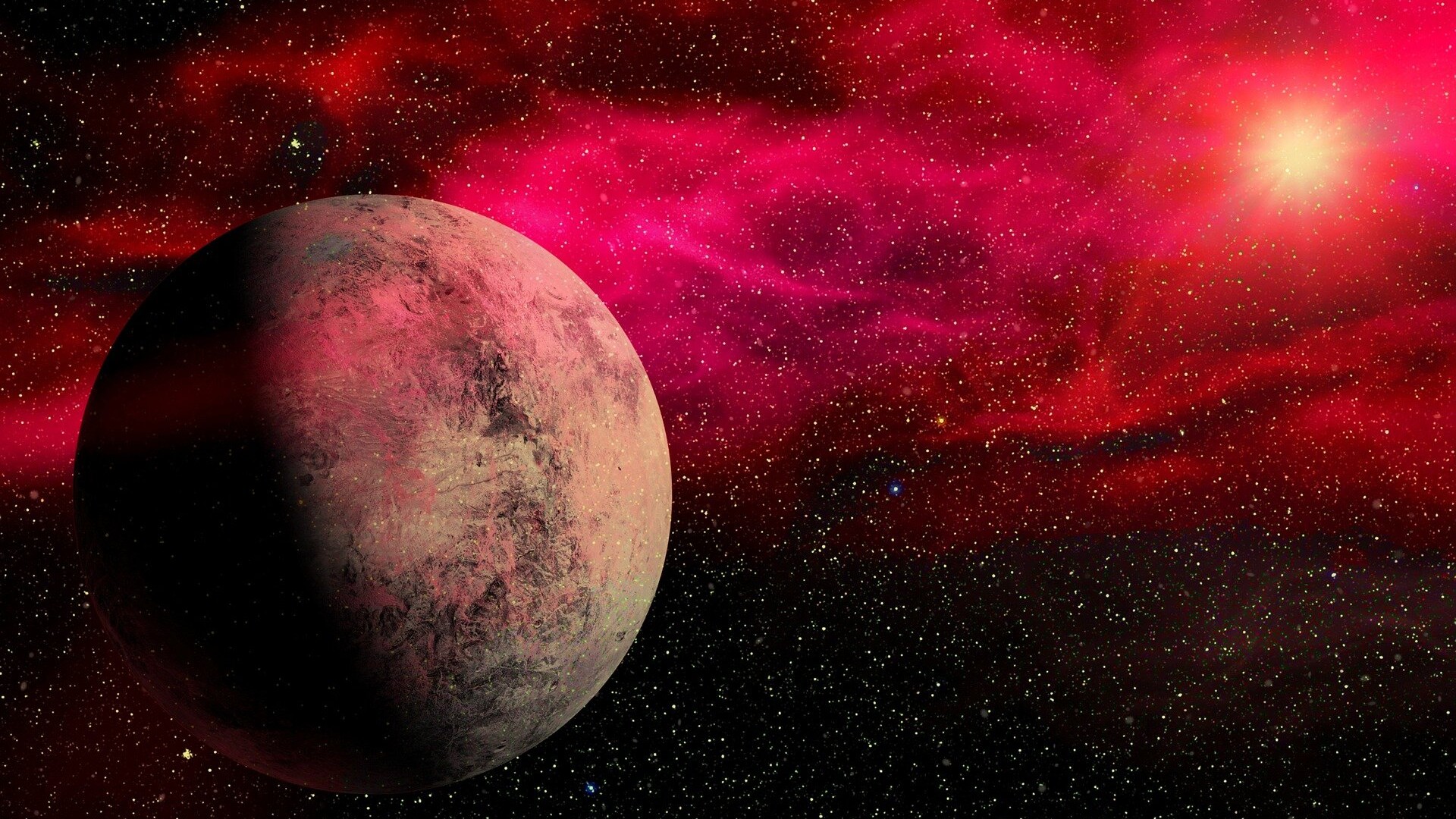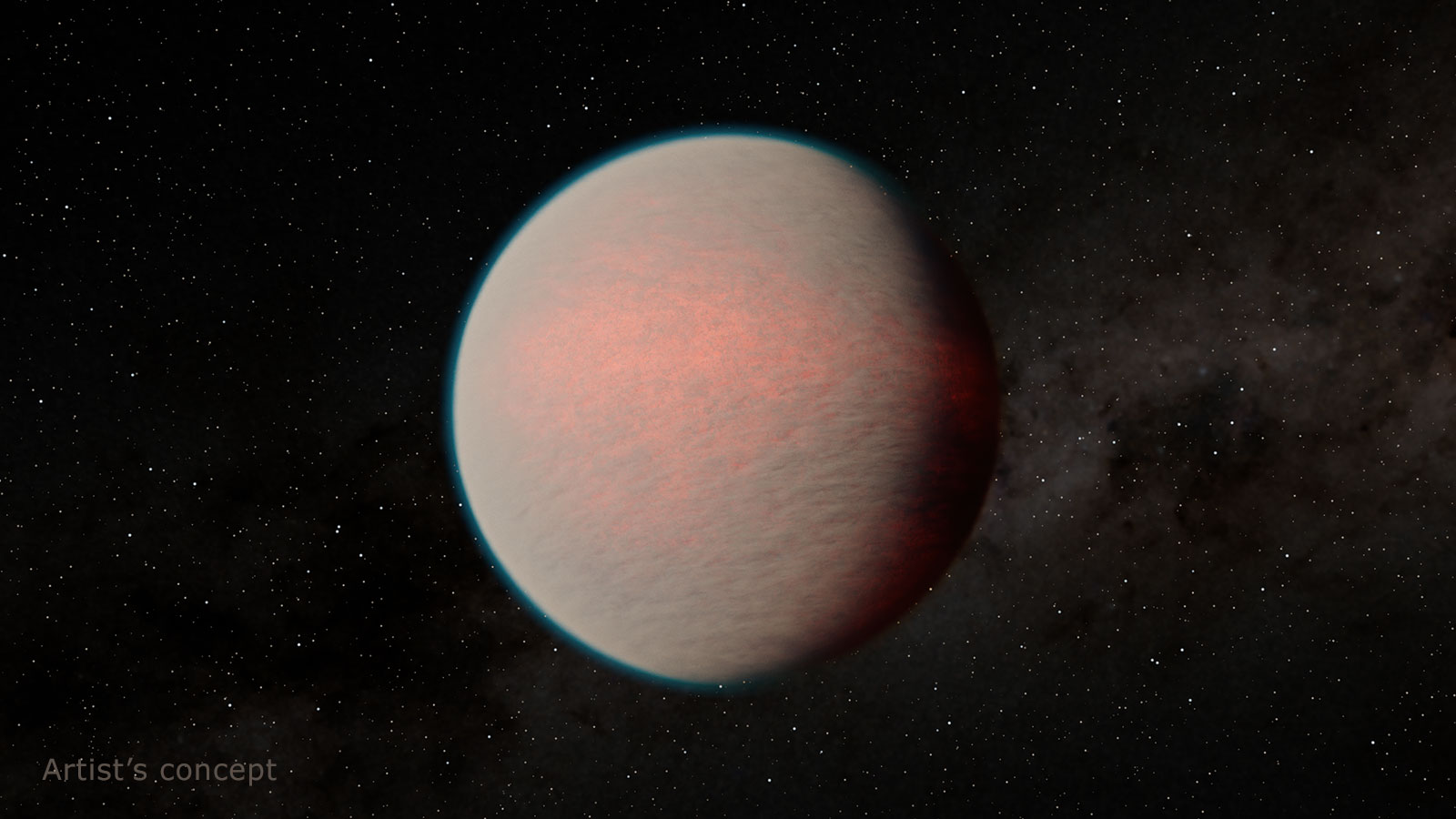Exoplanet news, features and articles
Latest about Exoplanets
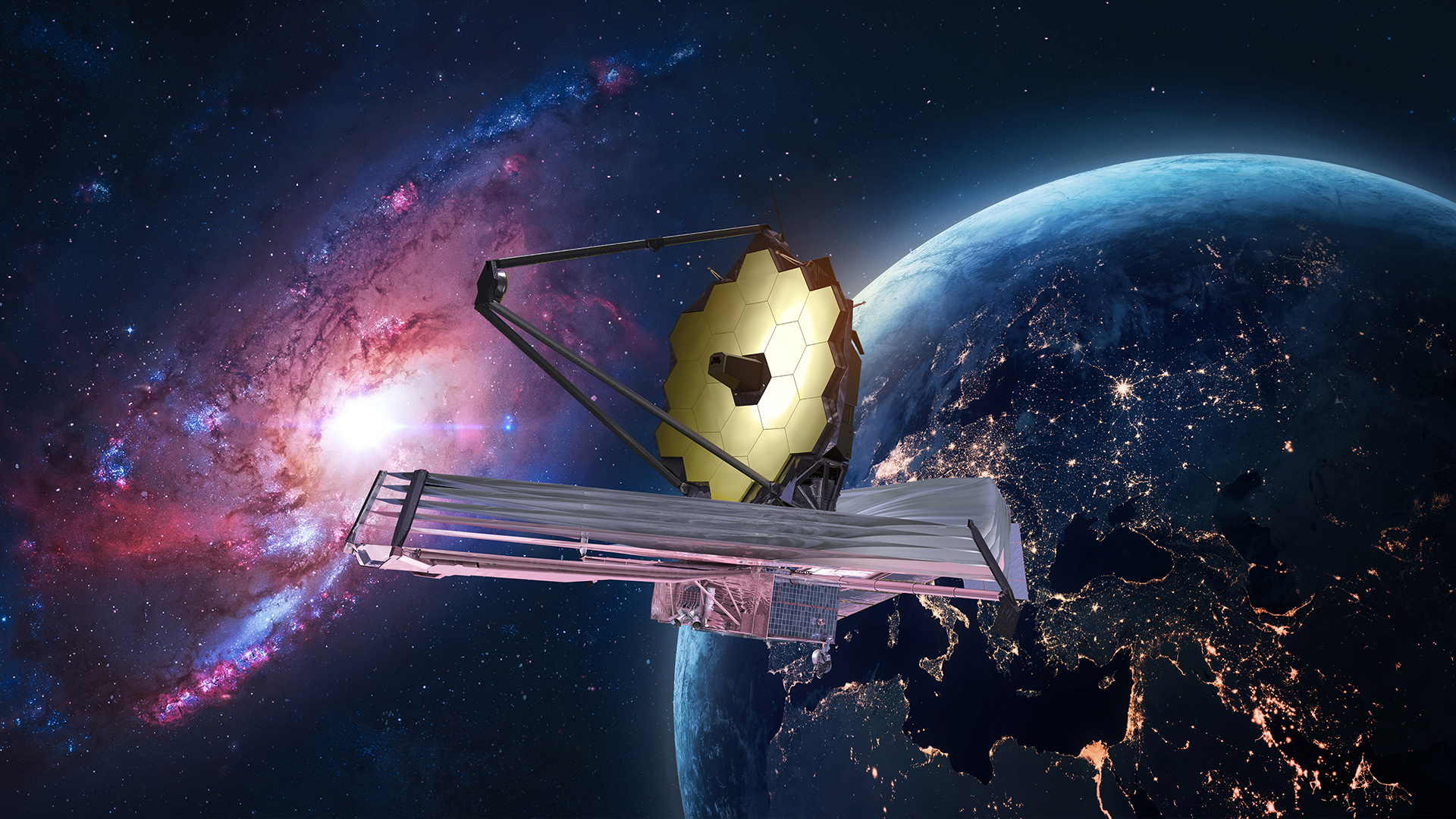
James Webb telescope could detect life on Earth from across the galaxy, new study suggests
By Harry Baker published
Researchers have shown that if the James Webb Space Telescope was pointed at Earth from a distant star, it could detect the signatures of intelligent life in our planet's atmosphere.
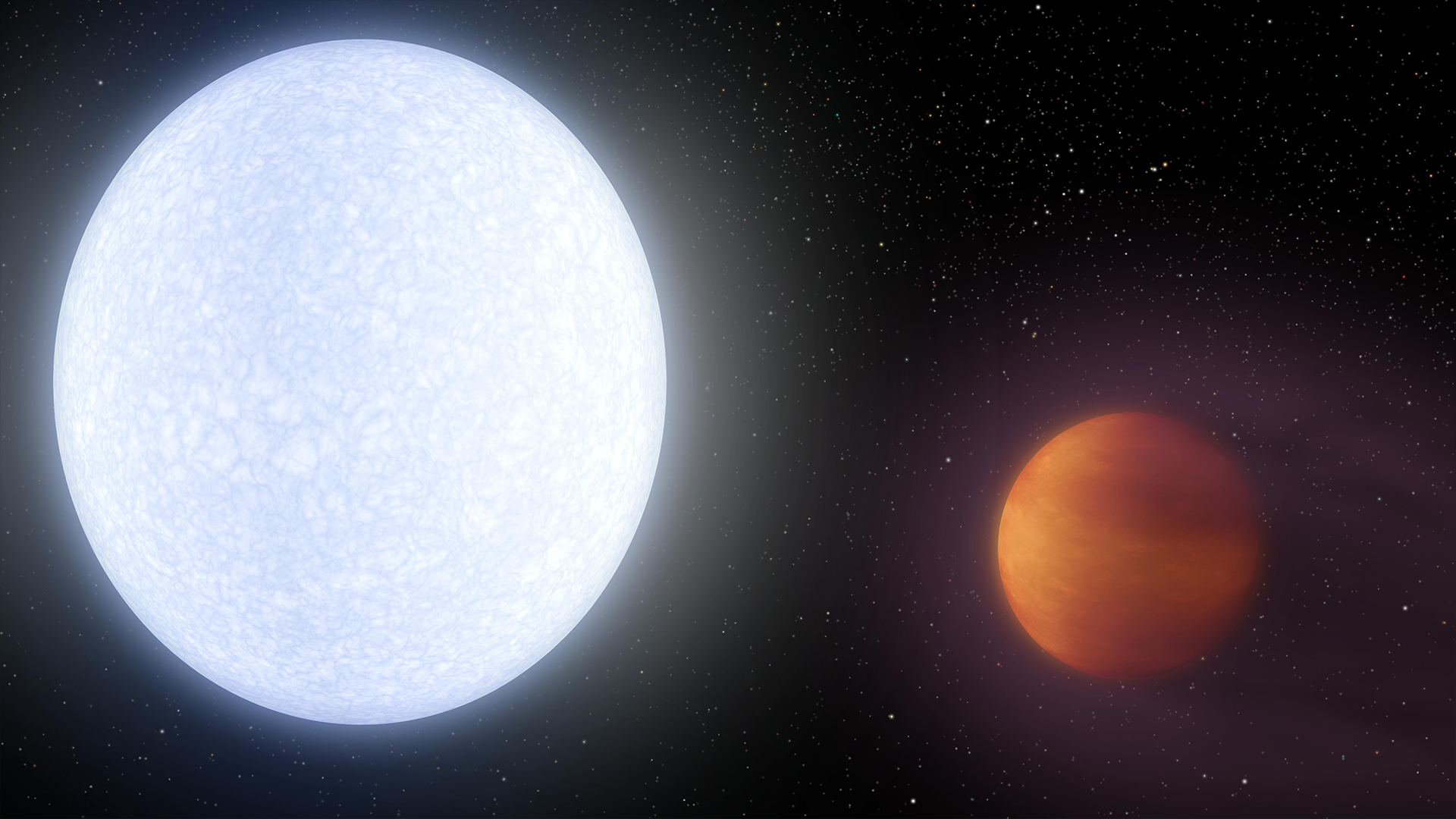
Bizarre 'failed star' the size of Jupiter is 2,000 degrees hotter than the sun
By Joanna Thompson published
This Jupiter-size object is 80 times denser than a planet and hotter than the sun.
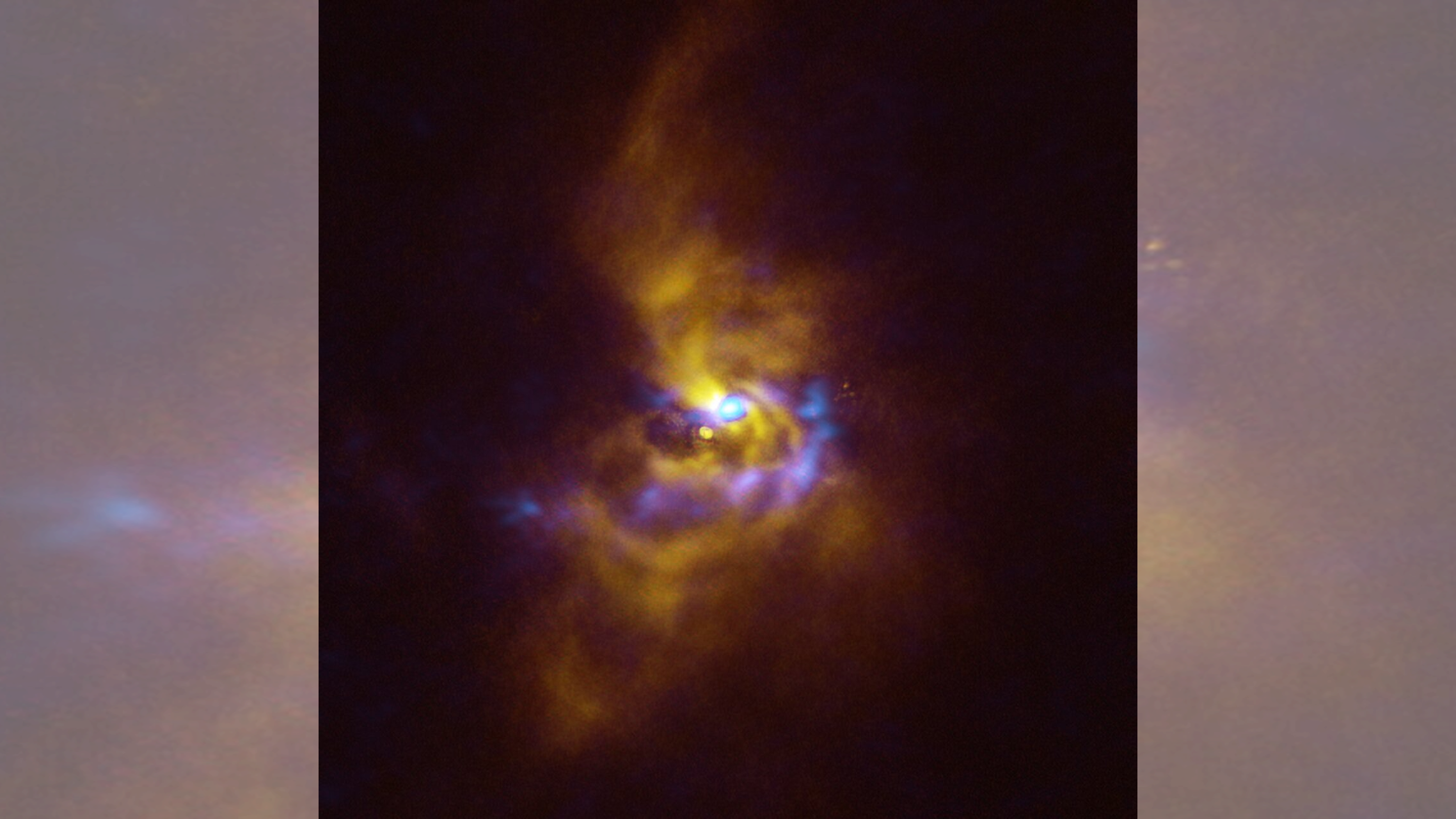
A new, Jupiter-size planet is on the verge of being born, and astronomers have incredible images of it
By Brandon Specktor published
A gorgeous new image of a star system 5,000 light-years from Earth could finally explain how Jupiter-size planets are born from chaotic fields of gas.
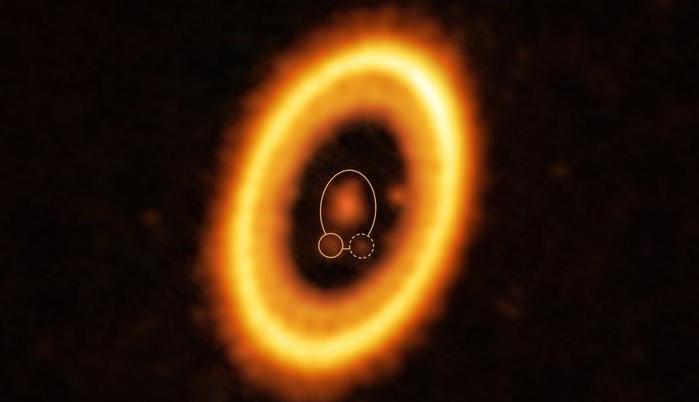
1st known 'Trojan' planets discovered locked in the exact same orbit around a star
By Ben Turner published
A distant Jupiter-size planet could have the shattered remains of a smaller sibling in its tow.
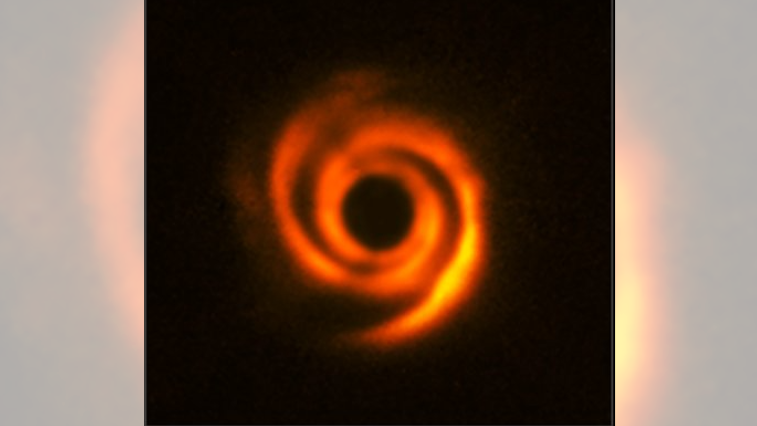
Star system with galaxy-like 'arms' may be holding a secret planet
By Joanna Thompson published
A distant star system has Milky Way-like spiral arms orbiting it. New research suggests a giant planet may be to blame.
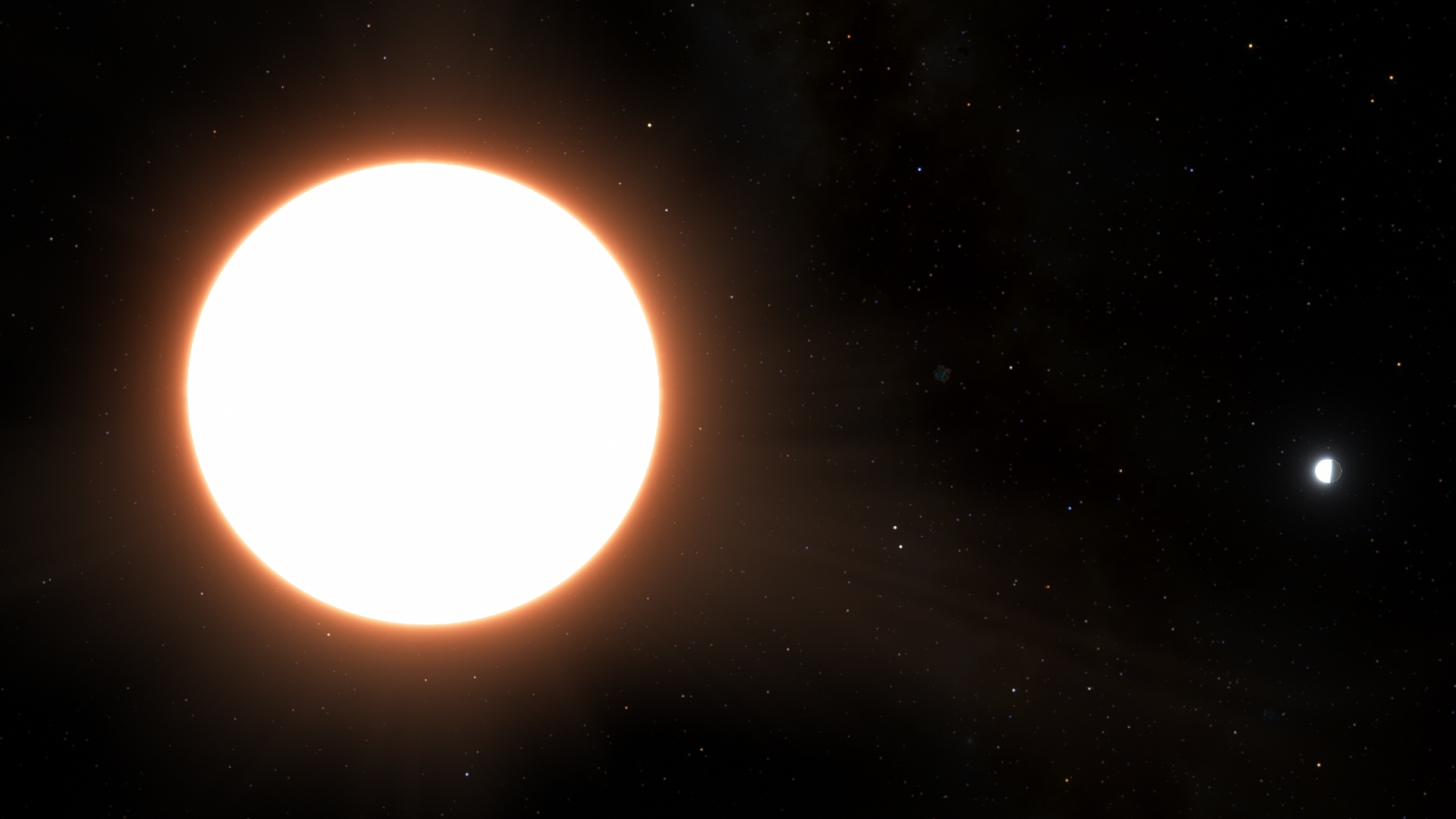
Mirror-like exoplanet that 'shouldn't exist' is the shiniest world ever discovered
By Harry Baker published
A distant planet named LTT9779 b reflects 80% of its star's light, making the strange world with metal clouds the biggest known "mirror" in the universe.
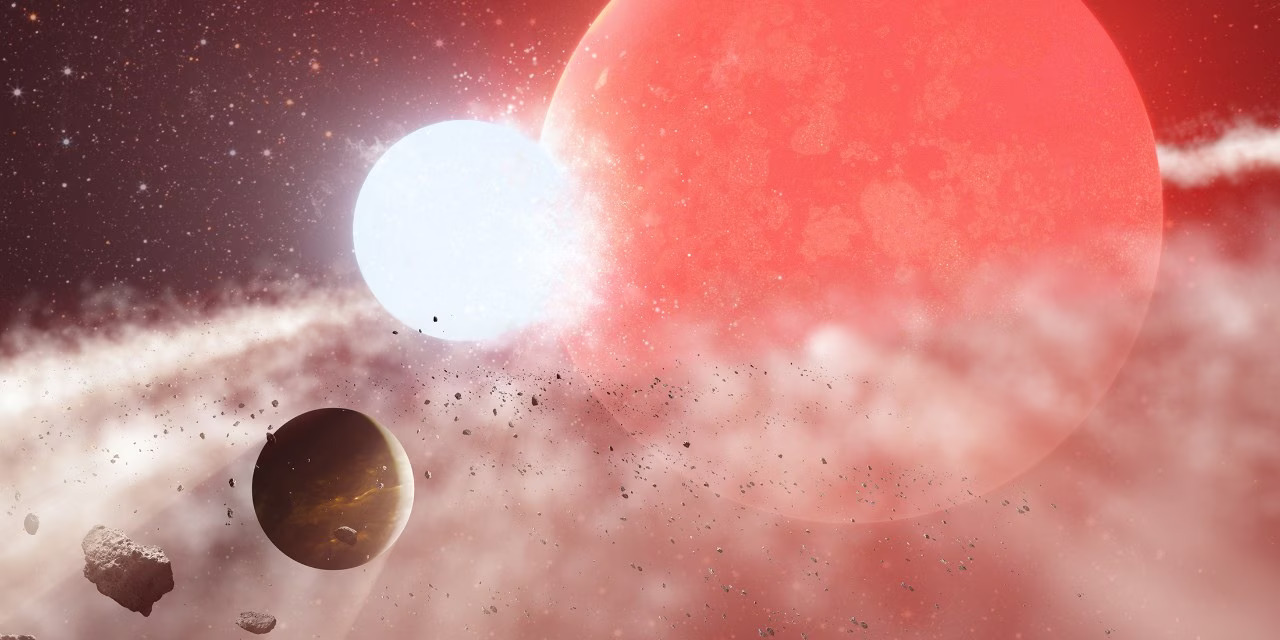
Mysterious 'zombie planet' Halla seems to have survived the explosive death of its star. How?
By Ben Turner published
The Jupiter-sized exoplanet Halla has somehow survived the death of its star, and astronomers aren't sure how.
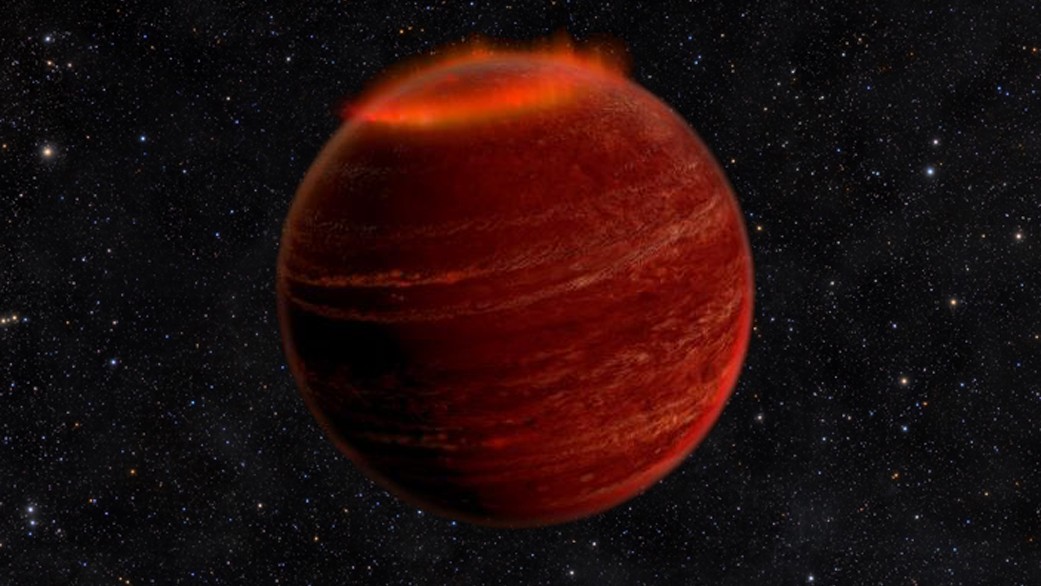
Bizarre object hotter than the sun is orbiting a distant star at breakneck speed
By Joanna Thompson published
Scientists have discovered a weird celestial object that's blurring the line between planet and star.
Sign up for the Live Science daily newsletter now
Get the world’s most fascinating discoveries delivered straight to your inbox.
